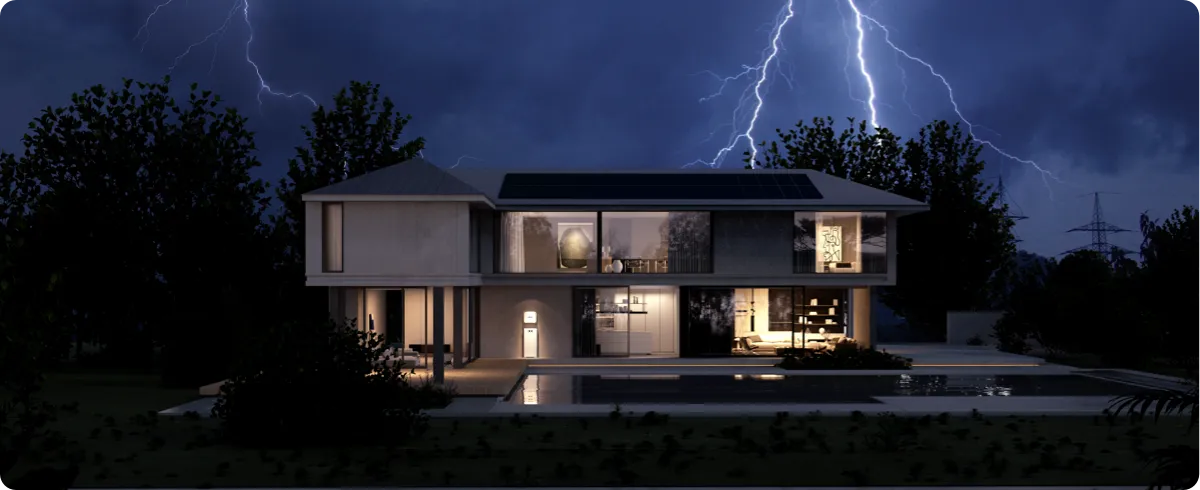Autonomous Solar Power Solutions for Sustainable Energy Independence
Stand-Alone Solar Power Systems A Sustainable Energy Solution
In recent years, the need for sustainable energy solutions has gained prominence due to the escalating concerns over climate change and environmental degradation. Among the various renewable energy sources available, solar power has emerged as one of the most viable and widely adopted options. Stand-alone solar power systems, in particular, have proven to be an efficient and effective method for harnessing solar energy, offering a multitude of benefits for both residential and commercial applications.
Understanding Stand-Alone Solar Power Systems
A stand-alone solar power system, often referred to as an off-grid solar system, operates independently from the main electrical grid. This type of system is particularly beneficial in remote areas where access to conventional power sources is limited or non-existent. The primary components of a stand-alone solar power system include solar panels, a charge controller, a battery bank, and an inverter.
1. Solar Panels These are the heart of the system, converting sunlight into electricity. The size and number of panels needed depend on the energy requirements of the specific application.
2. Charge Controller This device regulates the flow of electricity from the solar panels to the battery bank, preventing overcharging and ensuring optimal performance.
3. Battery Bank The battery stores the excess energy generated during sunny periods, making it available for use during cloudy days or at night. Depending on energy needs, users can select from various battery types, such as lead-acid or lithium-ion.
4. Inverter An inverter converts the stored DC (direct current) electricity from the battery into AC (alternating current) electricity, which is used to power most household appliances and devices.
Advantages of Stand-Alone Solar Power Systems
The advantages of stand-alone solar power systems are numerous, making them an appealing option for many users.
1. Energy Independence By utilizing solar energy, users can reduce their reliance on traditional fossil fuels and electricity from the grid. This aspect is particularly appealing in remote regions and places where energy supply is unreliable.
2. Environmental Benefits Stand-alone solar power systems generate clean energy without producing harmful emissions. This contributes to the reduction of greenhouse gases and helps combat climate change.
stand alone solar power system

3. Cost Savings While the initial setup cost of a stand-alone solar power system can be significant, over time, the savings on electricity bills can be substantial. Additionally, many regions offer incentives and rebates for solar installations, further enhancing financial viability.
4. Customization Stand-alone systems can be tailored to meet specific energy needs. Users can adjust the size of the solar array and battery bank to match their consumption, ensuring they have enough power without overspending.
5. Low Maintenance Solar power systems generally require minimal maintenance. With no moving parts, they are less prone to mechanical failure and can last for decades with proper care.
Applications of Stand-Alone Solar Power Systems
Stand-alone solar power systems find applications in a variety of settings. They are commonly used in
1. Remote Homes For residences located far from the electrical grid, stand-alone systems provide a reliable source of power for lighting, heating, and appliances.
2. Rural Areas In developing countries, stand-alone solar systems can supply electricity to rural communities, improving quality of life through enhanced access to energy for cooking, schooling, and healthcare.
3. Outdoor Activities Camping enthusiasts and outdoor adventurers often rely on portable stand-alone solar systems to power their devices, ensuring connectivity even in the most remote locations.
4. Emergency Power Stand-alone solar systems can serve as backup power sources during natural disasters or grid failures, providing essential services in critical times.
Conclusion
Stand-alone solar power systems represent a sustainable energy solution that offers a multitude of benefits including energy independence, environmental protection, economic savings, and versatility in application. As technology continues to advance, the efficiency and affordability of solar power systems are expected to improve, making them an increasingly attractive option for individuals and communities alike. With the global push towards renewable energy, stand-alone solar power systems are poised to play a critical role in shaping a sustainable energy future.
-
Unlocking Energy Freedom with the Off Grid Solar InverterNewsJun.06,2025
-
Unlock More Solar Power with a High-Efficiency Bifacial Solar PanelNewsJun.06,2025
-
Power Your Future with High-Efficiency Monocrystalline Solar PanelsNewsJun.06,2025
-
Next-Gen Solar Power Starts with Micro Solar InvertersNewsJun.06,2025
-
Harnessing Peak Efficiency with the On Grid Solar InverterNewsJun.06,2025
-
Discover Unmatched Efficiency with the Latest String Solar InverterNewsJun.06,2025







